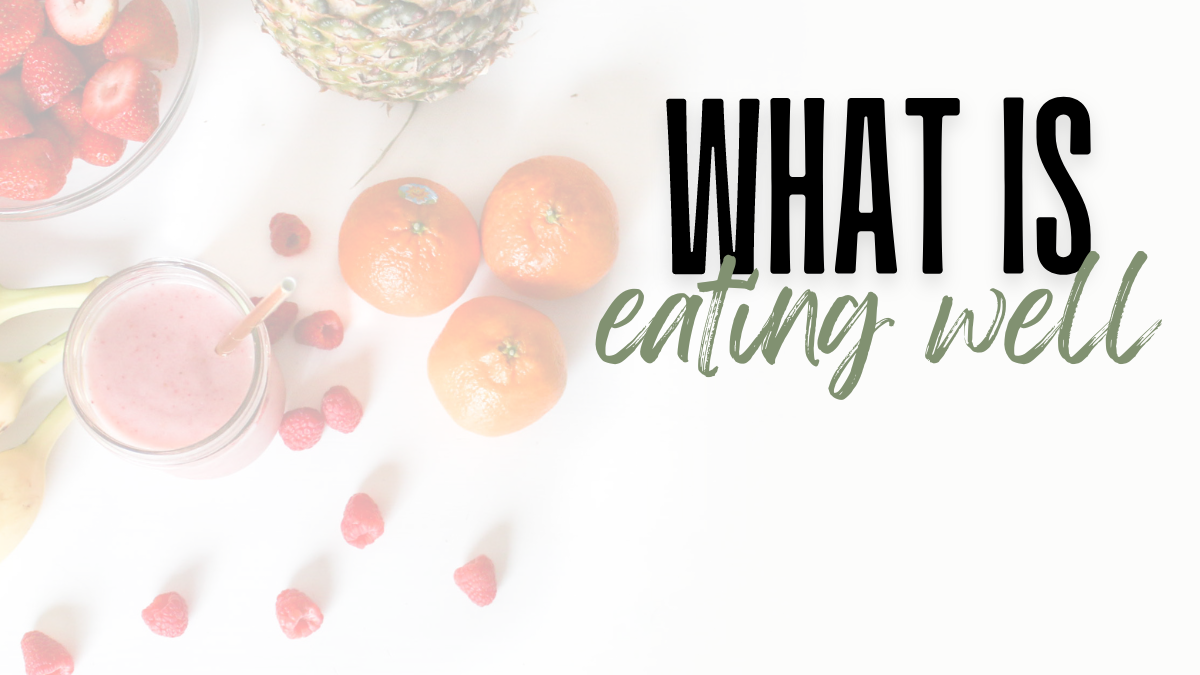Your daily routine is influenced by numerous factors, and one of the most significant is your diet. According to NHS inform, a well-balanced diet provides energy you need to keep active throughout the day. It also provides nutrients you need for growth and repair, helping you to stay strong and healthy and help to prevent diet-related illness, such as some cancers. So what is healthy eating?
Healthy Eating:
Healthy eating involves consuming a variety of nutritious foods that provide essential nutrients. This includes fruits, vegetables, whole grains, lean proteins, and healthy fats. It also means limiting the intake of processed foods, sugary beverages, and high-fat, high-sugar snacks. Check out the NOVA System for a more detailed description. Healthy eating is not just about what you eat, but also how much you eat and how you prepare your food.
Benefits:
There are many benefits of healthy eating. Here are some of the many benefits:
- Lowers risk of chronic health conditions
- Supports immune function
- Helps to maintain a healthy weight
- Repair and strengthen muscles
- Improves energy levels
- Helps with sleeping patterns
Eating plan:
Creating an eating plan can be intimidating and overwhelming. Here are some steps, for a more detailed version check out Creating a Better You! Start by assessing your current eating habits and identifying areas for improvement. Remember your SMART goals, when setting realistic and achievable goals. Plan your meals and snacks that are balanced and varied. Monitor your progress and make adjustments as needed to stay on track.
Breakfast:
Did you know the word breakfast means “to break the fast”, so your body needs fuel to kickstart your metabolism and provide energy for the day ahead. A study done by Science Daily, showed that out of a study of 30,000 adults, 15% regularly skipped breakfast. According to a 2018 observational study, those who eat breakfast often pay more attention to their overall nutrient intake, regularly participate in physical activity, and adequately manage stress. Those who skip breakfast tend to have unhealthy lifestyle habits. This doesn’t mean that this is true for all, but if this is you, you can change your habits. A balanced breakfast that includes protein, healthy fats, and complex carbohydrates sets the tone for stable blood sugar levels and sustained energy throughout the morning.
Lunch:
Lunchtime offers an opportunity to refuel your body and brain for the second half of the day. Aim for a well-rounded meal that includes lean protein, plenty of vegetables, and whole grains. Meals with salmon or tuna, eggs, chicken, apples, carrots, cucumbers, etc. will leave you more fulfilling throughout the day. Incorporating colorful fruits and vegetables not only provides essential nutrients but also supports cognitive function and mood stability. Avoid heavy, greasy foods that can leave you feeling sluggish and opt for lighter options that promote sustained energy and mental clarity.
Dinner:
The foods you consume in the evening can impact the quality of your sleep and overall well-being. According to Everyday Health, dinner is not just a third meal. It’s also the last opportunity of the day to give your body the nutrition it needs to thrive before you go to sleep. Avoid heavy, rich meals that can disrupt digestion and lead to discomfort during the night. Instead, opt for lighter options that include lean protein, vegetables, and complex carbohydrates.
Your eating habits play a crucial role in how you feel and perform throughout the day. By making mindful choices about what you eat and when you eat, you can optimize your energy levels, mood, and focus.

Great job! Very good information!